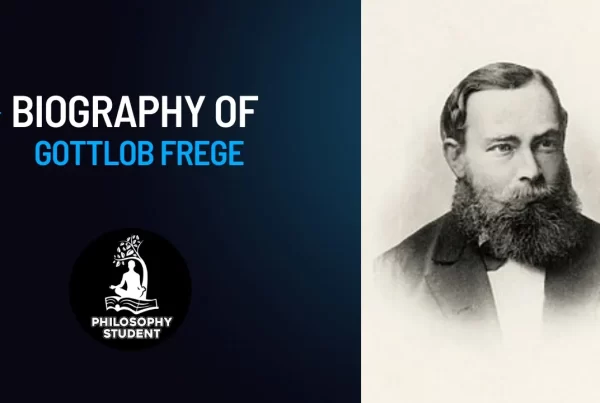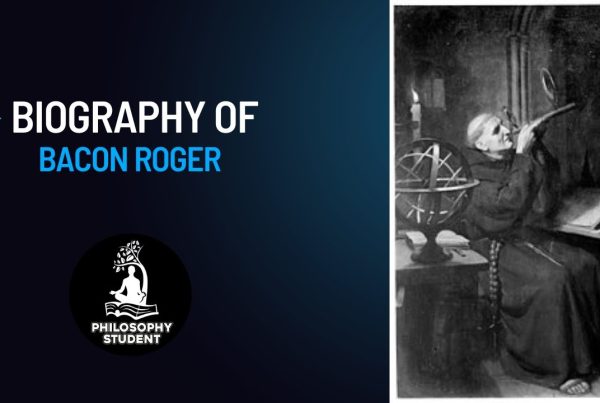Philosophical thought during the Enlightenment was characterized by a rejection of existing sources of authority. The broadly Aristotelean scientific worldview was undermined by a period of scientific revolution—conventionally beginning with Copernicus’ De revolutionibus orbium coelestium (1543) and culminating with Newton’s Philosophia Naturalis Principia Mathematica (1687)—which raised important questions about our epistemological practices. Simultaneously, the rise of an increasingly powerful mercantile middle class challenged the traditional political order and the legitimacy of government. As a result, philosophical emphasis turned toward the individual, giving rise to the idea that our knowledge of the world is to be built up from either personal observation or deduction from self-evident principles, rather than from reading ancient authors. Citizenship came to be understood as a voluntary contract between individuals and the state, rather than decreed by God. These two strands of thought received their most sophisticated articulation in Immanuel Kant (1724-1804), whose legacy has profoundly influenced all subsequent philosophy.
Trending Post
Books
-
 Discipline Is Destiny: The Power of Self-Control (The Stoic Virtues Series)
$15.99
Discipline Is Destiny: The Power of Self-Control (The Stoic Virtues Series)
$15.99
-
 Stillness Is the Key
$7.99
Stillness Is the Key
$7.99
-
 Right Thing, Right Now: Justice in an Unjust World (The Stoic Virtues Series)
$28.00
Right Thing, Right Now: Justice in an Unjust World (The Stoic Virtues Series)
$28.00
-
 How to Think Like a Roman Emperor: The Stoic Philosophy of Marcus Aurelius
$13.12
How to Think Like a Roman Emperor: The Stoic Philosophy of Marcus Aurelius
$13.12
-
 Letters from a Stoic: Penguin Classics
$14.52
Letters from a Stoic: Penguin Classics
$14.52
biographies
-
 Zeno of Elea December 3, 2023
Zeno of Elea December 3, 2023 -
 Zeno of Citium December 3, 2023
Zeno of Citium December 3, 2023 -
 Xenophanes December 3, 2023
Xenophanes December 3, 2023 -
 Wittgenstein, Ludwig December 3, 2023
Wittgenstein, Ludwig December 3, 2023 -
 Voltaire (François-Marie Arouet) December 3, 2023
Voltaire (François-Marie Arouet) December 3, 2023 -
 Venn, John December 3, 2023
Venn, John December 3, 2023 -
 Turing, Alan Mathison December 3, 2023
Turing, Alan Mathison December 3, 2023 -
 Thoreau, Henry David December 3, 2023
Thoreau, Henry David December 3, 2023 -
 Thales of Miletus December 3, 2023
Thales of Miletus December 3, 2023 -
 Spinoza, Baruch December 3, 2023
Spinoza, Baruch December 3, 2023 -
 Socrates December 3, 2023
Socrates December 3, 2023 -
 Smith, Adam December 3, 2023
Smith, Adam December 3, 2023 -
 Seneca December 3, 2023
Seneca December 3, 2023 -
 Schopenhauer, Arthur December 3, 2023
Schopenhauer, Arthur December 3, 2023 -
 Schleiermacher, Friedrich December 3, 2023
Schleiermacher, Friedrich December 3, 2023
















